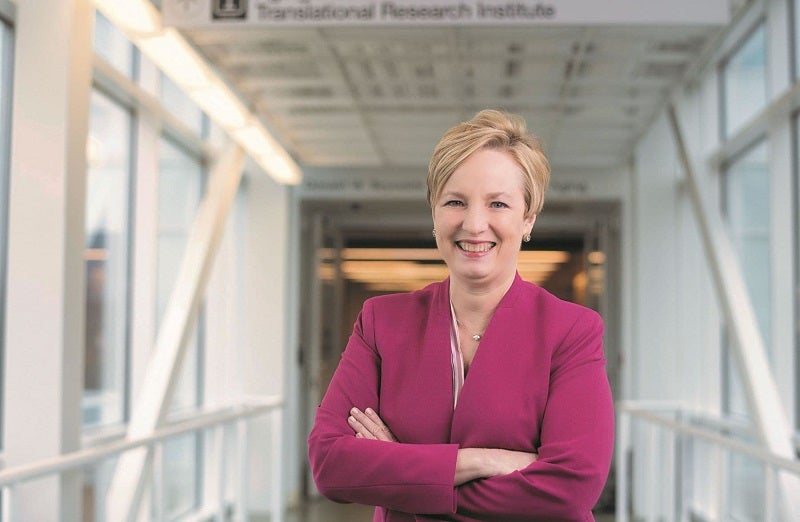
The University of Arkansas for Medical Sciences (UAMS) in the US has commenced the final study of the first rapid diagnostic test for acetaminophen toxicity, after securing a grant of $3.2m.
The most common drug intended for fever and pain, Acetaminophen is also said to be the most common cause of liver failure in the US.

Discover B2B Marketing That Performs
Combine business intelligence and editorial excellence to reach engaged professionals across 36 leading media platforms.
The three-year National Institutes of Health (NIH) Small Business Technology Transfer (STTR) grant will enable the inventors of the test, Laura James (MD), Jack Hinson (PhD) and Dean Roberts (PhD) from UAMS, to carry out the study’s final phase.
This phase will include the final development of the new AcetaSTAT blood test as well as a multisite clinical trial to assess its performance.
AcetaSTAT is a rapid assay for diagnosing acetaminophen liver injury. It is capable of detecting blood markers for injury from an overdose of the drug in about 20 minutes.
Acetaminophen Toxicity Diagnostics (ATD) developed the new laboratory test along with UAMS and Arkansas Children’s Hospital.

US Tariffs are shifting - will you react or anticipate?
Don’t let policy changes catch you off guard. Stay proactive with real-time data and expert analysis.
By GlobalDataUniversity of Texas Southwestern Medical Center liver disease specialist William Lee is one of the trial’s co-investigators and was involved in the earlier testing of the assay.
Lee said: “I have been impressed that the assay provides a reliable yes/no answer as to whether acetaminophen is responsible for the liver injury.
“I look forward to seeing AcetaSTAT being available in any Emergency Department worldwide. Having the test will ensure that more patients receive the right diagnosis and appropriate treatment.”
James assembled an interdisciplinary team, across multiple centres, to carry out the clinical trial of the test.
UAMS plans to seek approval from the US Food and Drug Administration (FDA) for the blood test.





